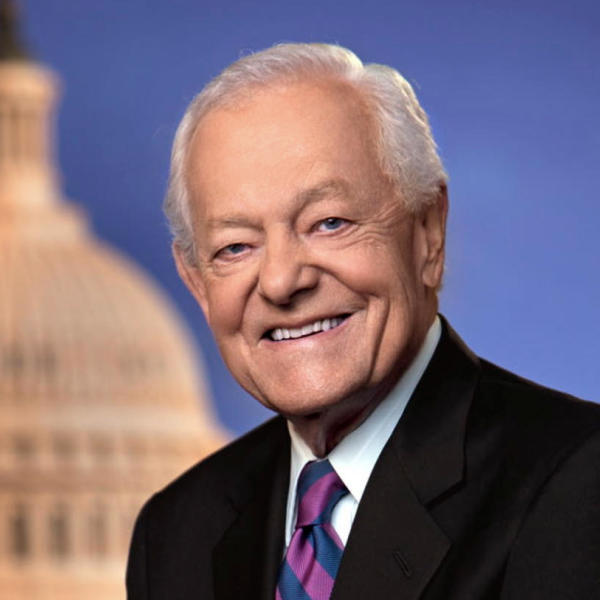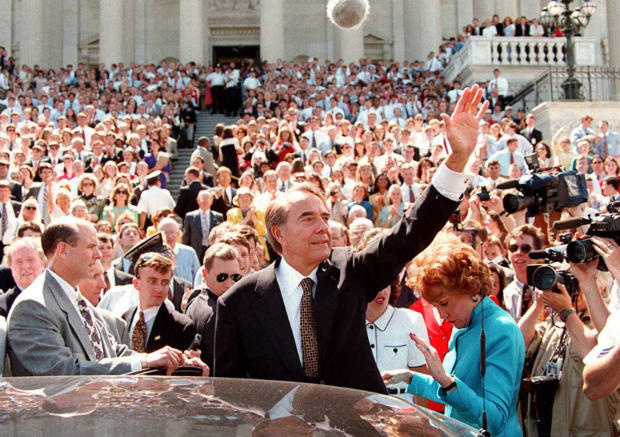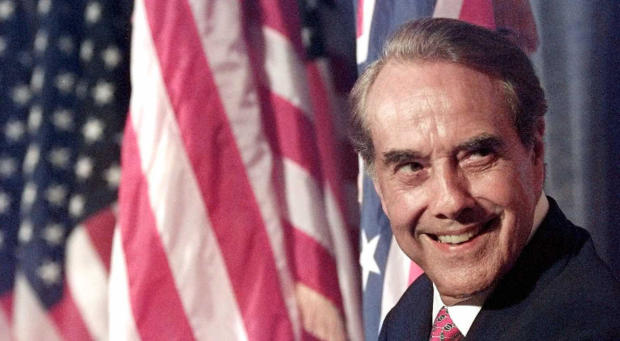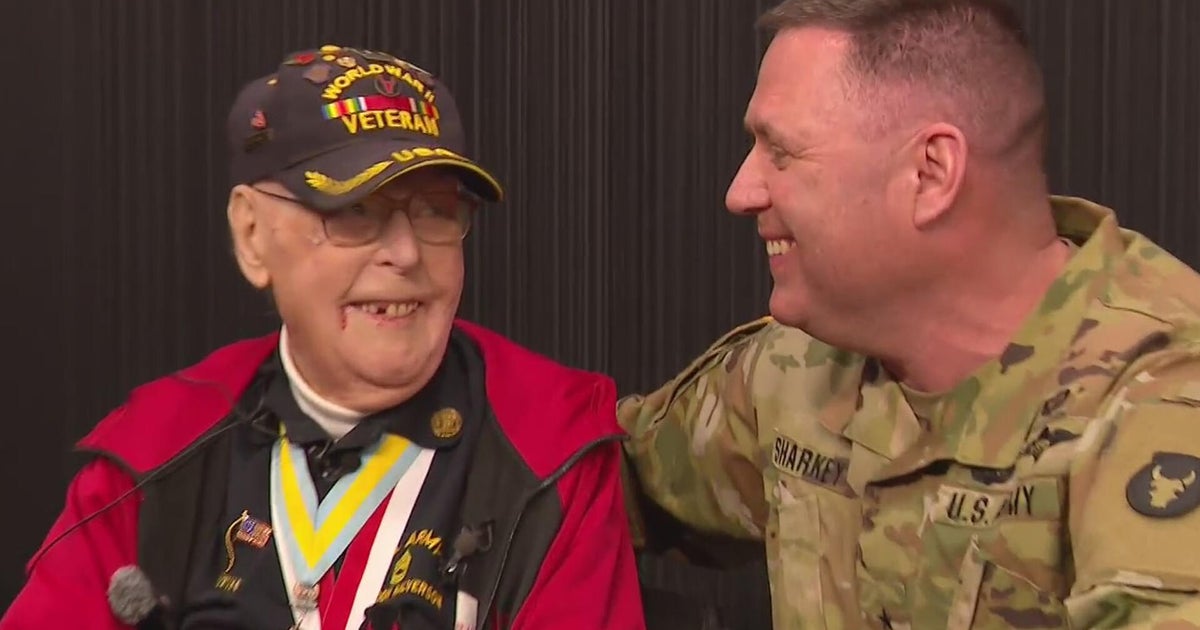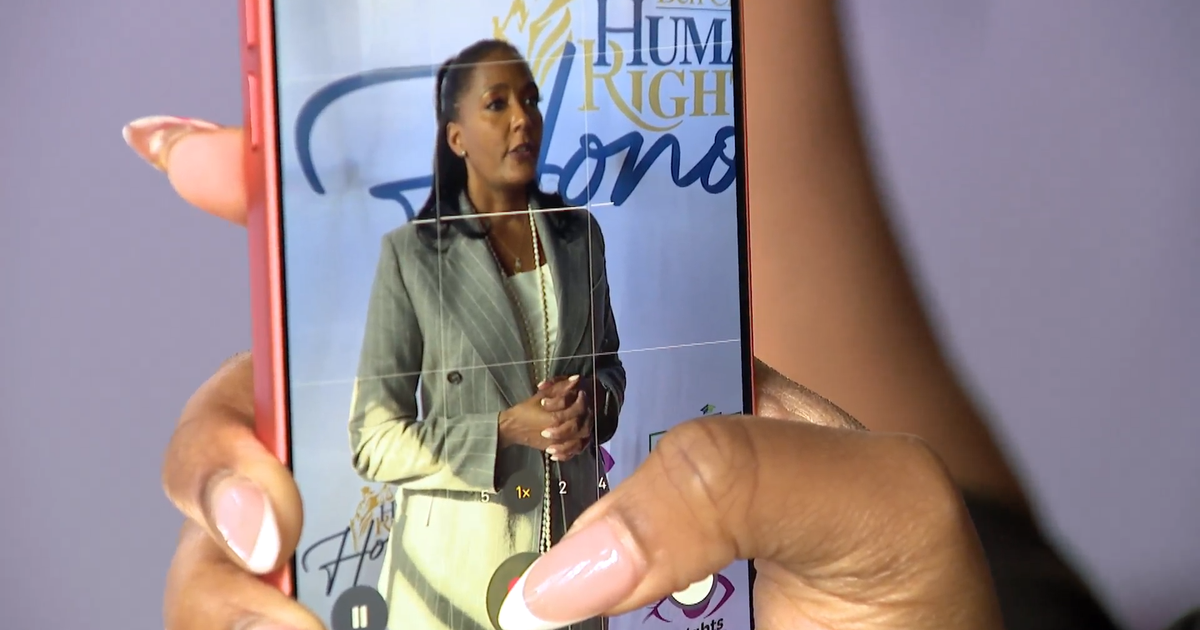Bob Dole, World War II veteran, senator and presidential nominee, has died at 98
Washington — Former Senate Majority Leader Bob Dole, the World War II veteran who Republicans hoped would oust President Bill Clinton from the White House in 1996, has died, the Elizabeth Dole Foundation said Sunday. He was 98. He had been diagnosed with stage 4 lung cancer in February 2021.
The Elizabeth Dole Foundation said Dole died early Sunday morning in his sleep.
When Dole became the Republican presidential nominee in 1996, it was the high point of more than a half-century in the national spotlight as a congressman, senator, vice-presidential candidate, two runs for the presidency, national chair of the Republican Party and longtime leader of Senate Republicans.
Dole was the last of the presidential candidates who served in World War II, and in the '96 campaign he offered himself as a link to the so-called Greatest Generation and another, better time.
"To those who say it was never so that America was never better, I say you're wrong, and I know because I was there, and I have seen it and remember it," Dole said.
It didn't work. Bill Clinton called Dole a man of the past and Democrats a bridge to the future, and easily won reelection.
It was true that Dole had come of age in an America that many voters had only heard about, but those days on the Kansas prairie -- the Dust Bowl days, the Great Depression -- and the war defined him.
Once a star high school athlete who had dreamed of becoming a doctor, he went off to a war that would change him forever. He came back badly wounded, and those wounds would cost him the use of one arm.
He worried that he would wind up in a wheelchair selling pencils on the street, and as he later told "60 Minutes" correspondent Lesley Stahl his life became a living nightmare.
"They got me out of bed one day, and the bathroom door was open," said Dole. "There was a mirror on the far wall on the shaving cabinet. I couldn't believe that was Bob Dole. So I didn't look in the mirror. I still don't look in the mirror, except to shave."
Twice he nearly died, and he lost a kidney to infection, but the people of Russell, Kansas, collected money in a cigar box to help pay for his rehabilitation, and his war record led to a seat in Congress and later the Senate.
In 1976, hoping to win over dubious conservatives, President Gerald Ford chose him as his vice-presidential running mate, and when he returned to Kansas to tell the homefolks about it, he broke down as he remembered the early days.
"I can remember when I needed help, the people of Russell helped, and I think--," he said as he began to weep.
The ticket lost to Jimmy Carter, and the campaign brought out another side of Dole, the political gutfighter who accused Democrats of being warmongers.
"We added up the killed and wounded in Democrat wars in this century," Dole said. He was tagged that night with a label that would dog him the rest of his life: hatchet man.
"I think Senator Dole has richly earned his reputation as a hatchet man tonight by implying and stating that World War II and the Korean War were Democratic wars," Senator Walter Mondale, Carter's running mate, said.
Dole went back to the Senate and resumed his political career, but when he tried to run for president on his own in 1988, his temper again got the best of him. In New Hampshire, he called primary opponent George Bush a liar and more.
Once again, Dole returned to the Senate, rebuilding relationships with Democrats as well as Republicans that led to a long list of legislative accomplishments from Social Security reform to the Americans with Disabilities Act.
Dole told ABILITY Magazine that because of his own disability, he knew he "had to do something special" with his life. It "changes your whole life, not just your attitude," he said. "Prior to my injury I was a pretty good athlete, but afterwards I learned to apply myself more and made good grades for a change," he said. Dole advocated for Americans with disabilities in his maiden Senate speech on April 14, 1969 — the 24th anniversary of the day he was wounded in WWII — and continued to do so throughout his career.
"It is a group who no one joins by personal choice — a group whose requirements for membership are not based on age, sex, wealth, education, skin color, religious beliefs, political party, power or prestige," he said on the Senate floor. "As a minority, it has always known exclusion; maybe not exclusion from the front of the bus, but perhaps from even climbing aboard it; maybe not exclusion from pursuing advanced education, but perhaps from experiencing any formal education; maybe not exclusion from day-to-day life itself, but perhaps from an adequate opportunity to develop and contribute to his or her fullest capacity."
The Americans with Disabilities Act (ADA), a landmark piece of civil rights legislation prohibiting discrimination based on dissability, was signed into law by President George H.W. Bush on July 26, 1990. Dole said he considered the act one of his proudest achievements.
When Republicans captured the majority in 1994, Dole became the Senate majority leader. He held the powerful post until he resigned in dramatic fashion in July of 1996 to focus on running for president full-time.
"My time to leave this office has come, and I will seek the presidency with nothing to fall back on but the judgment of the people, and nowhere to go but the White House or home," Dole said.
And so Senator Dole became Citizen Dole, but when he lost the presidency to Bill Clinton he didn't go home to Kansas. He was a man of the Capitol, and he came back to Washington to open yet another chapter in his long life.
He proudly watched as his wife Elizabeth, a former Reagan and Bush Cabinet member, was elected to the Senate herself. And, in a move that surprised even close friends, he became a TV pitchman -- doing a soft drink commercial with Britney Spears and, as a prostate cancer survivor, ads for Viagra as well.
Dole received the Presidential Medal of Freedom in 1997 and the Congressional Gold Medal in 2018 for his lifelong dedication to public service. He thanked his colleagues, "for without them, nothing would have been accomplished."
Bob Dole said he was living proof that America is a land with out limits, and he pushed those limits from the Kansas prairie of his youth to the great corridors of power where he spent so much of his life -- one of the last of that World War II generation whose values and courage had so much to do with shaping the America of today.
Audrey McNamara contributed to this report.
